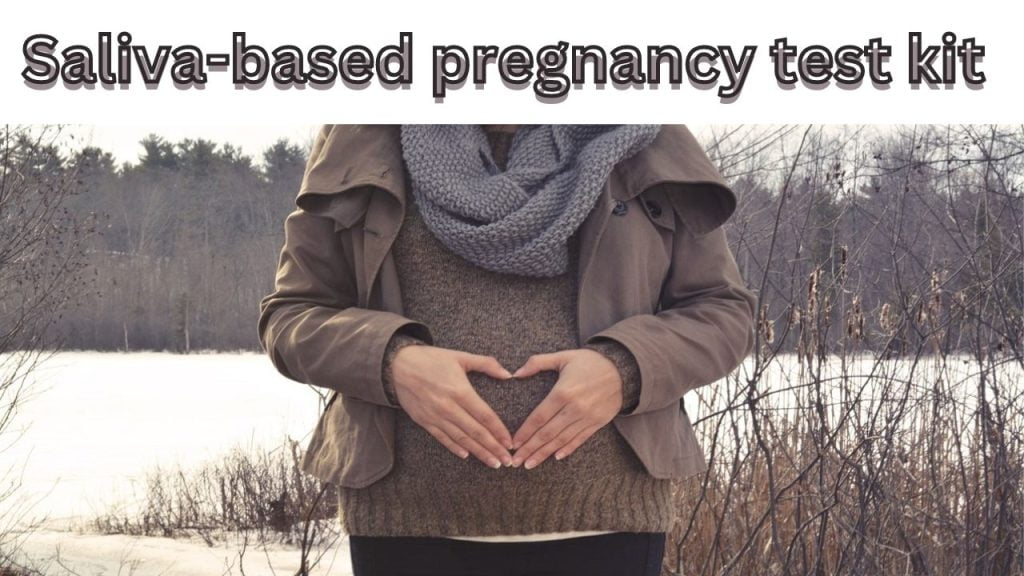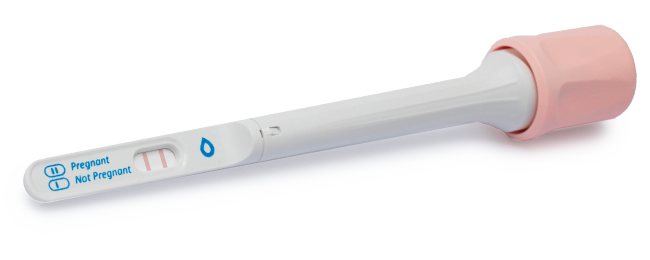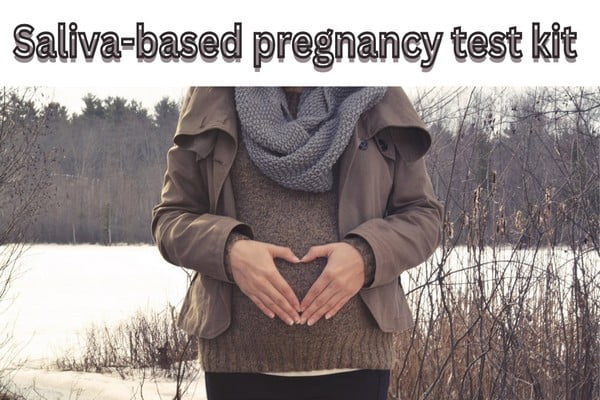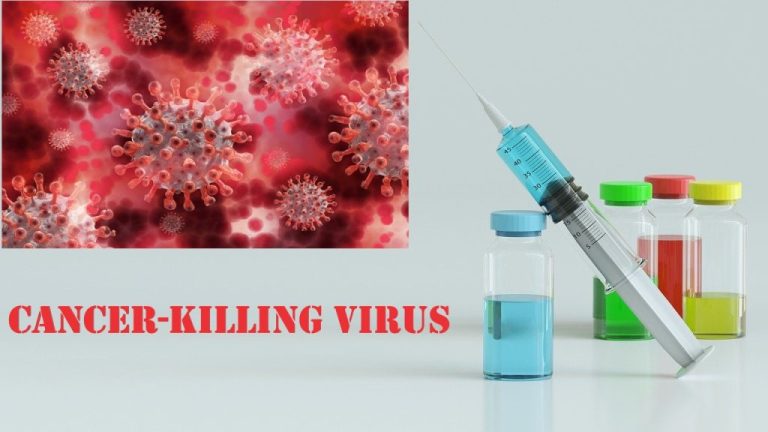First saliva-based pregnancy test kit launched in Israel; available globally by 2023

It’s a non-invasive saliva test, which means you won’t even have to use urine or blood on stick.This is the biggest leap forward for women’s health in decades.

SalistickTM is the first rapid saliva-based pregnancy test with a new and improved user-experience, and high accuracy for early pregnancy detection. The kit is based on our revolutionary technology which detects the pregnancy hormone β-hCG in saliva.
– SalistickTM
SaliStick is a novel pregnancy test kit created by an Israeli start-up company that uses saliva to detect pregnancy. The kit was introduced in Israel and will be offered on international markets starting in 2023. Without the need for a blood or urine sample, the diagnostic breakthrough SaliStick test offers precise results in no more than 10 minutes.
For a range of medical conditions, saliva is essential for quick diagnosis. According to Prof. Aaron Palmon, co-founder of Salignostics, it is the only non-invasive, simple, and hygienic method for detecting hormones, viruses, and even diseases.
With SaliStick, we take advantage of the potent diagnostic tools we have developed through saliva analysis. Prof. Aaron continued, “This product fully eliminates the requirement for blood and urine samples for testing for pregnancy.” SaliStick is both safe and convenient, and it provides the same results as blood tests.
In the Lavon Industrial Zone in northern Israel, the startup company has constructed a new manufacturing facility with a monthly production capacity of one million units.
In addition to the pregnancy test, this novel technology can be used in a vast range of diagnostic procedures.
After years of scientific research on saliva, the company developed user-friendly devices that accurately diagnose diseases, including malaria, COVID-19, cardiac risk, and other disorders.







